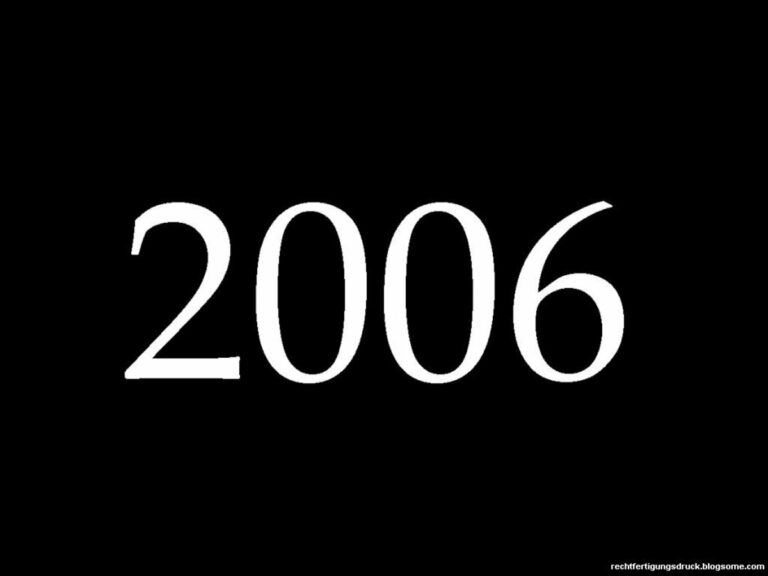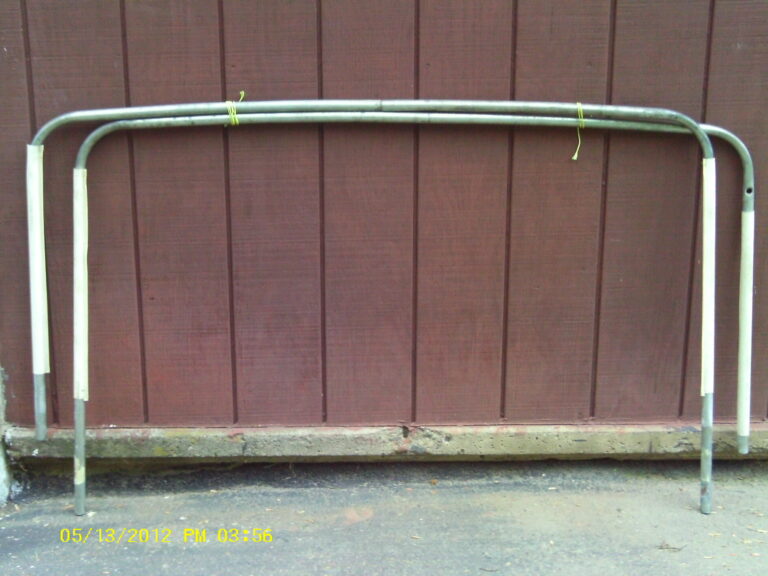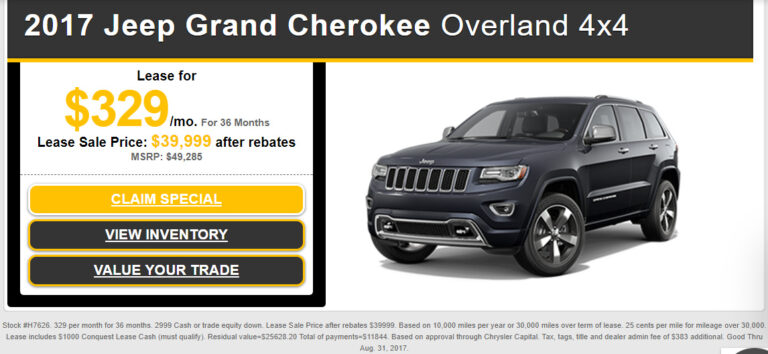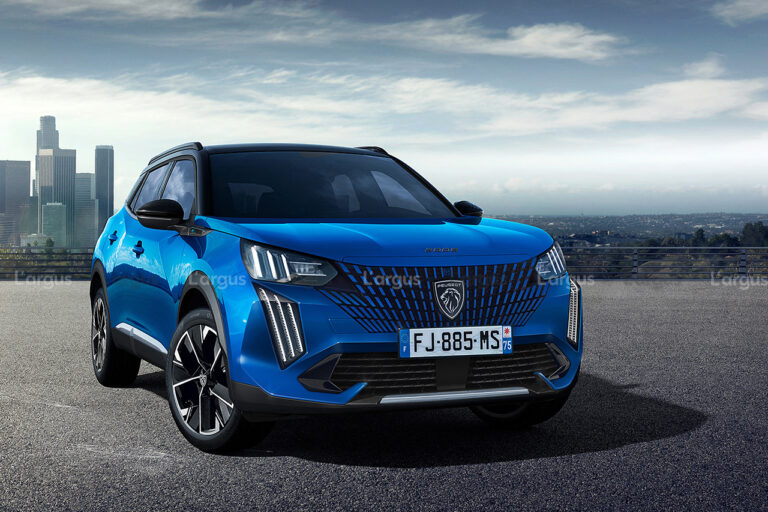2001 Jeep Grand Cherokee Engine For Sale: Revitalizing Your WJ Workhorse
2001 Jeep Grand Cherokee Engine For Sale: Revitalizing Your WJ Workhorse /jeeps.truckstrend.com
The 2001 Jeep Grand Cherokee, part of the popular WJ generation, holds a special place in the hearts of many automotive enthusiasts. Known for its blend of off-road prowess, comfortable ride, and distinctive styling, the WJ Grand Cherokee remains a capable and desirable SUV even decades after its release. However, like all vehicles, time and mileage can take their toll, particularly on the engine. For many owners, the question eventually arises: what to do when the heart of their beloved Grand Cherokee starts to falter? The answer, for a significant number, is to seek out a "2001 Jeep Grand Cherokee Engine For Sale" – a strategic move to breathe new life into a cherished vehicle without the hefty price tag of a brand-new car.
This comprehensive guide will delve into everything you need to know about finding, purchasing, and understanding replacement engines for your 2001 Jeep Grand Cherokee. From identifying the right engine type to navigating the market and ensuring a successful swap, we’ll cover all the essential details to help you keep your WJ on the road for years to come.
2001 Jeep Grand Cherokee Engine For Sale: Revitalizing Your WJ Workhorse
Why Consider a Replacement Engine for Your 2001 Grand Cherokee?
Owning a 2001 Jeep Grand Cherokee is often a testament to its enduring design and utility. While the WJ is generally robust, its engines, specifically the 4.0L PowerTech I6 and the 4.7L PowerTech V8, are not immune to the effects of age and wear. Common reasons owners look for replacement engines include:
- High Mileage Wear: After 200,000+ miles, components naturally degrade, leading to decreased performance, increased oil consumption, or even catastrophic failure.
- Specific Engine Failures: The 4.0L I6, while legendary, can suffer from cracked cylinder heads (though less common in 2001 models due to design improvements), while the 4.7L V8 is known for potential issues like dropped valve seats, oil sludge accumulation, and cooling system vulnerabilities if not properly maintained.
- Cost-Effectiveness: Replacing an engine is often significantly cheaper than purchasing a new or even a newer used vehicle, especially when the rest of the Grand Cherokee (body, transmission, interior) is in good condition.
- Sentimental Value: Many owners have a strong attachment to their WJ, having relied on it for years of adventures and daily commutes. An engine swap allows them to preserve their investment and continue their journey together.
- Off-Road/Project Vehicle: For those who use their Grand Cherokee for serious off-roading or as a project car, a fresh engine provides a reliable foundation for further modifications and adventures.

Engine Options for the 2001 Jeep Grand Cherokee
The 2001 Jeep Grand Cherokee offered two primary engine choices in North America, each with its own characteristics and considerations when seeking a replacement:
1. The 4.0L PowerTech I6 (Inline-Six)
- Overview: This inline-six engine is legendary for its simplicity, durability, and torquey nature. It was a staple in many Jeep models for decades.
- Pros: Highly reliable when maintained, relatively easy to work on, good low-end torque for off-roading, and widely available in the used market due to its prevalence.
- Cons: Less powerful than the V8, can be less fuel-efficient than expected for its size, and while the 2001 models largely avoided the "0331" head cracking issues seen in earlier years, proper inspection is still wise.
- Ideal For: Owners prioritizing reliability, ease of maintenance, and capable off-road performance over raw speed.


2. The 4.7L PowerTech V8
- Overview: Introduced with the WJ generation, this SOHC V8 offered a significant boost in power and refinement over the inline-six.
- Pros: Strong acceleration, better towing capacity, smoother operation at higher speeds.
- Cons: More complex and expensive to repair than the 4.0L. Known issues include dropped valve seats (leading to catastrophic failure), oil sludge build-up (often due to infrequent oil changes or low-quality oil), and more sensitive cooling systems. These issues make careful inspection crucial when buying a used 4.7L.
- Ideal For: Owners seeking more power for highway driving, towing, or those who simply prefer the feel of a V8.
Note: While some international markets received diesel engine options (like the 3.1L VM Motori TD or 2.7L Mercedes-Benz CRD), the focus for "2001 Jeep Grand Cherokee Engine For Sale" in most common contexts will be on the 4.0L and 4.7L gasoline engines. Swapping between engine types (e.g., 4.0L to 4.7L) is highly complex and typically not a direct bolt-in, requiring significant modifications to the transmission, wiring harness, ECU, and potentially the cooling system. It’s generally advised to replace with the same engine type.
Where to Find a 2001 Jeep Grand Cherokee Engine For Sale
The market for used and remanufactured engines is vast. Knowing where to look can significantly impact the quality, price, and reliability of your purchase.
1. Used Engines (Salvage Yards/Junkyards)
- Pros: Often the most affordable option. You can sometimes find low-mileage engines from accident-totaled vehicles.
- Cons: High risk. Unknown history, mileage, and maintenance. No warranty or very limited warranties are common. Requires thorough inspection (compression test, visual checks for leaks/damage).
- Tips: If possible, physically inspect the engine before purchase. Ask for the donor vehicle’s VIN to check its history. Ensure the yard offers a return policy, even if limited.
2. Remanufactured Engines
- Pros: Rebuilt to OEM specifications, often with new or reconditioned internal components (pistons, rings, bearings, valves). Come with a warranty (typically 1-3 years). Professionally tested for quality and performance.
- Cons: More expensive than used engines.
- Tips: Purchase from reputable suppliers (e.g., Jasper Engines, ATK, or specialized Jeep engine rebuilders). Verify the warranty terms and what they cover. These are generally the best balance of cost and reliability.
3. New Crate Engines
- Pros: Brand new, zero miles, full manufacturer warranty. The highest level of reliability and peace of mind.
- Cons: Most expensive option. For a 2001 model, truly "new" crate engines are exceedingly rare or non-existent from Stellantis/Jeep directly. Aftermarket manufacturers might offer "new" assemblies, but they are still essentially remanufactured to new specs.
- Tips: Verify if it’s truly "new" or "newly manufactured to original specs." For a 2001 vehicle, this option is usually cost-prohibitive or unavailable.
4. Online Marketplaces & Specialized Dealers
- Online Aggregators: Websites like eBay Motors, LKQ, Car-Part.com, and others allow you to search inventories from numerous salvage yards and remanufacturers.
- Specialized Jeep Forums & Classifieds: Enthusiast communities often have "for sale" sections where members sell parts, sometimes including engines. You might find a well-maintained engine from a fellow enthusiast.
- Local Auto Parts Stores/Mechanic Shops: Many local businesses have connections to engine suppliers and can help you source one.
Key Considerations When Buying a Replacement Engine
Purchasing an engine is a significant investment. Here are crucial factors to consider:
- Engine Condition & History:
- Mileage: Lower mileage is generally better for used engines.
- Maintenance Records: If available, these are gold.
- Visual Inspection: Look for signs of leaks, cracks, severe corrosion, or previous repairs. Check spark plugs if possible for signs of oil burning.
- Compression Test (for used): If buying in person, a compression test can reveal internal health. Even if not possible, ask the seller if they’ve performed one and for the results.
- Warranty: This is paramount, especially for remanufactured or higher-priced used engines. Understand what’s covered, for how long, and the process for claims.
- Completeness:
- Long Block: Typically includes the block, crankshaft, pistons, cylinder heads, camshafts, and valve train. You’ll reuse your intake manifold, exhaust manifolds, accessories (alternator, power steering pump, AC compressor), and wiring. This is common for remanufactured engines.
- Complete Engine: Includes the long block plus most accessories, intake manifold, exhaust manifolds, and sometimes the throttle body. More expensive but less work during installation.
- Compatibility: Double-check the year, engine code (e.g., identifying whether it’s a late 4.0L that avoids the 0331 head issue, or the exact 4.7L variant), and any specific production changes that might affect fitment. Provide your VIN to the seller if possible.
- Shipping & Logistics: Engines are heavy. Factor in shipping costs, delivery time, and how you’ll unload it.
- Installation: Decide whether you’ll perform the swap yourself or hire a professional mechanic. Get quotes for labor before purchasing the engine.
The Buying Process: A Step-by-Step Guide
- Diagnose Thoroughly: Confirm your existing engine is beyond repair or not cost-effective to fix. Rule out simpler issues like sensors, wiring, or fuel delivery.
- Determine Your Budget: This will guide whether you look at used, remanufactured, or (unlikely) new engines.
- Identify Your Engine Type: Confirm whether you have the 4.0L I6 or 4.7L V8. Do NOT attempt to swap types unless you’re prepared for extensive and costly modifications.
- Research Suppliers: Start with reputable remanufacturers, then explore online marketplaces and local salvage yards.
- Ask Critical Questions:
- For used engines: Mileage, VIN of donor vehicle, history of maintenance, any known issues, compression test results (if available), and warranty.
- For remanufactured engines: What components are new/reconditioned, what tests were performed, what’s the warranty coverage and duration.
- For all: Is it a long block or complete engine? What accessories are included? What’s the shipping cost and estimated delivery?
- Compare Quotes & Warranties: Don’t just go for the cheapest option. A slightly higher price for a better warranty or a more reputable supplier can save you headaches later.
- Arrange Purchase & Shipping: Securely pay and confirm shipping details. Ensure you have a plan for receiving the heavy engine.
- Plan for Installation: Schedule with your mechanic or prepare your tools and workspace if DIY. Consider replacing wear items (water pump, thermostat, spark plugs, belts, hoses, motor mounts) while the engine is out.
Potential Challenges and Solutions
- Finding a Reliable Supplier: Stick to established businesses with good reviews. Avoid sellers who are vague about history or warranty.
- Unexpected Issues During Installation: Old vehicles can have seized bolts, corroded connections, or brittle hoses. Budget extra time and a contingency fund for unforeseen parts or repairs.
- Cost Overruns: Always add a buffer (10-20%) to your estimated costs for parts, fluids, and potential surprises.
- Warranty Claims: Keep all documentation (receipts, warranty cards). Follow the supplier’s instructions precisely for break-in and maintenance to keep the warranty valid.
Practical Advice and Actionable Insights
- Always Get a Written Warranty: Verbal promises are worthless. Ensure all warranty terms are in writing.
- Document Everything: Keep records of purchase, mileage, maintenance, and any communication with the seller.
- Consider "Wear Items": When doing an engine swap, it’s highly advisable to replace common wear items that are easier to access with the engine out. This includes the water pump, thermostat, serpentine belt, spark plugs, motor mounts, and possibly the rear main seal (if not included in the engine assembly).
- Fluid Flush: Plan to flush and replace all fluids (engine oil, coolant, power steering fluid, transmission fluid if disconnected) after installation.
- Professional Opinion: If you’re unsure about the diagnostic or the installation process, consult with a trusted mechanic specializing in Jeeps.
2001 Jeep Grand Cherokee Engine For Sale: Estimated Price Table
Prices can vary significantly based on condition, mileage, supplier, and warranty. The figures below are general estimates in USD and subject to change.
| Engine Type | Condition/Type | Estimated Price Range (USD) | Typical Warranty | Notes |
|---|---|---|---|---|
| 4.0L PowerTech I6 | Used (High Mileage) | $800 – $1,500 | 30-90 Days | Often from salvage yards; high risk, inspect thoroughly. |
| Used (Low Mileage) | $1,500 – $2,500 | 90 Days – 6 Months | Harder to find, better potential but still used. | |
| Remanufactured | $2,500 – $4,000 | 1-3 Years / Unlimited | Rebuilt to spec, tested, best balance of cost/reliability. | |
| 4.7L PowerTech V8 | Used (High Mileage) | $1,000 – $2,000 | 30-90 Days | Higher risk due to known issues; inspect for sludge, valve seat issues. |
| Used (Low Mileage) | $2,000 – $3,500 | 90 Days – 6 Months | Less common, still requires careful assessment. | |
| Remanufactured | $3,500 – $5,500 | 1-3 Years / Unlimited | Crucial for the 4.7L due to its common failure points; ensures proper rebuild. |
Note on Prices:
- These prices are for the engine assembly only (long block or complete).
- They do not include shipping costs, core charges (refundable deposit for your old engine), or installation labor.
- Prices can fluctuate based on market demand, availability, and the specific supplier.
Frequently Asked Questions (FAQ)
Q1: Can I swap a 4.0L engine for a 4.7L V8 (or vice versa) in my 2001 Grand Cherokee?
A1: While technically possible, it is highly complex and not a direct swap. It requires changing the transmission, engine computer (ECU), wiring harness, motor mounts, and potentially the cooling system and exhaust. The cost and effort typically far outweigh the benefits for a vehicle of this age. It’s almost always recommended to replace with the same engine type.
Q2: What’s the average lifespan of these engines?
A2: The 4.0L I6 is known to last 200,000 to 300,000+ miles with diligent maintenance. The 4.7L V8 can also reach high mileage, but its lifespan is more sensitive to oil change intervals and proper cooling system maintenance due to its specific vulnerabilities.
Q3: What components should I replace along with the engine?
A3: It’s highly recommended to replace the water pump, thermostat, spark plugs, serpentine belt, motor mounts, and all fluids (engine oil, coolant). Consider new sensors (O2 sensors, cam/crank sensors) and a thorough inspection of the transmission and transfer case.
Q4: Is it worth replacing an engine in a 2001 Grand Cherokee?
A4: Absolutely, if the rest of the vehicle is in good condition (rust-free body, good transmission, solid interior). The cost of an engine replacement is usually significantly less than buying another used vehicle, especially given the WJ’s continued desirability and capability.
Q5: How long does an engine swap typically take?
A5: For a professional mechanic, an engine swap can take anywhere from 12 to 20 hours of labor, depending on the engine type and any unforeseen issues. For a DIY enthusiast, it can take several days to a week or more.
Q6: What’s the difference between a long block and a complete engine?
A6: A long block includes the main engine assembly (block, heads, crankshaft, pistons, camshafts) but generally excludes external components like the intake manifold, exhaust manifolds, alternator, power steering pump, and AC compressor. A complete engine usually includes most of these external accessories. Long blocks are more common for remanufactured sales, requiring you to swap over your existing accessories.
Conclusion
The 2001 Jeep Grand Cherokee remains a beloved and capable vehicle, and a failing engine doesn’t have to spell the end of its road. By understanding the options available for a "2001 Jeep Grand Cherokee Engine For Sale," whether it’s a trusty 4.0L I6 or a powerful 4.7L V8, owners can make informed decisions to revitalize their WJ. Choosing between a cost-effective used engine or a more reliable remanufactured unit involves weighing risk, budget, and desired longevity. With careful research, a keen eye for detail, and perhaps the help of a trusted mechanic, you can successfully navigate the engine replacement process, ensuring your iconic Grand Cherokee continues to conquer roads and trails for many more years to come.





